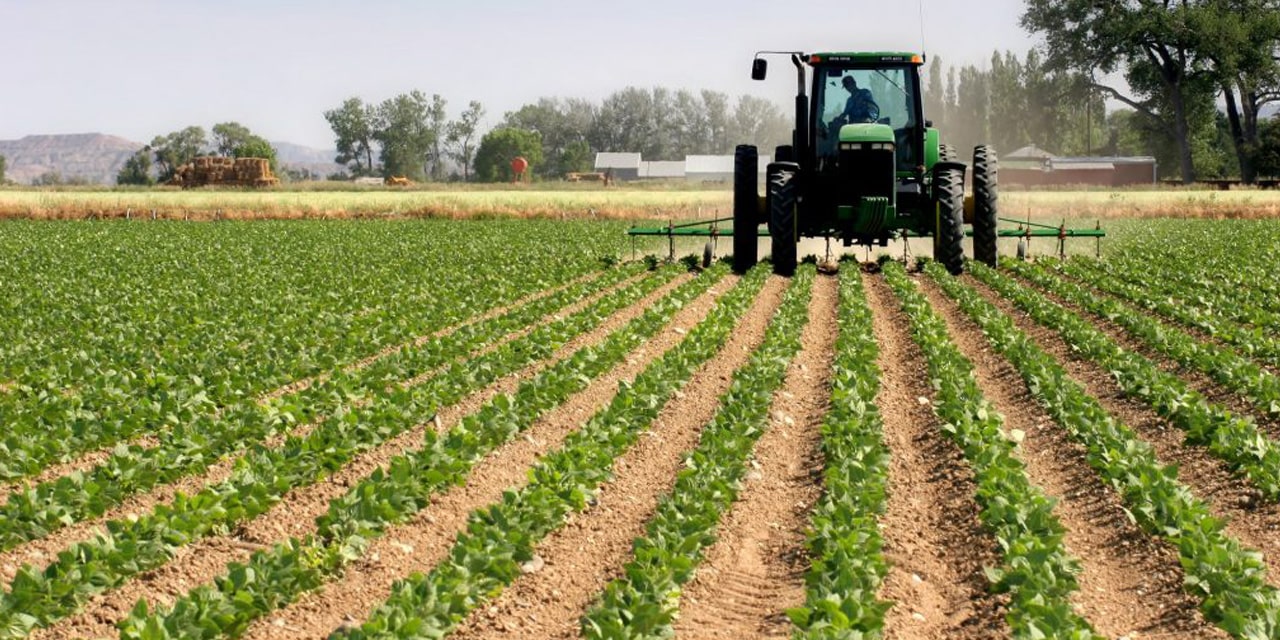Niël Terblanché
By investing in a comprehensive statistical framework, Namibia is setting a precedent for how data can be leveraged to enhance agricultural productivity, environmental sustainability, and economic growth, ensuring the sector’s resilience and competitiveness on both a regional and global scale.
In an ambitious move to revolutionize its agricultural sector, Namibia has placed a solid emphasis on the role of accurate statistics to empower farming communities and ensure sustainable growth.
A recent workshop, jointly hosted by the Food and Agriculture Organisation of the United Nations (FAO) and the Namibia Statistics Agency (NSA), stressed the critical importance of comprehensive data gathering in advancing agricultural development.
The Strategic Plan for Agriculture and Rural Statistics (SPARS) assessment findings workshop brought together experts and key stakeholders from various sectors, including the NSA, the Ministry of Agriculture, the Ministry of Fisheries, the Ministry of Environment, and the Ministry of Urban and Rural Development.
The goal was to collaborate on creating a robust statistical framework that addresses the nuanced needs of Namibia’s agricultural landscape.
Qingyun Diao, the FAO Representative in Namibia, stressed the transformative power of accurate and timely data in empowering farmers and fostering a thriving agricultural sector.
Meanwhile, Abel Sindano, NSA’s Executive for Economic Statistics, highlighted the workshop’s role in tailoring a strategic plan that directly responds to the sector’s specific requirements.
The workshop delved into assessments of key areas such as crops, livestock, forestry, environment, fisheries, and aquaculture, revealing crucial gaps in current statistical activities.
These gaps include the need for more refined price indices, comprehensive agriculture surveys, effective agriculture market information systems, detailed food balance sheets, agri-environment statistics, and a greater focus on quality consciousness.
FAO consultants presented findings from their sector-specific assessments, pointing out the deficiencies in data collection and analysis that, if addressed, could significantly enhance decision-making processes and policy development within the agricultural sector.
The event concluded with a decisive path forward, aiming to finalize and endorse the SPARS document by May 2024.
This strategic plan is expected to lay the groundwork for a data-driven approach to agricultural development, promising a brighter future for Namibia’s rural communities and the national economy at large.




